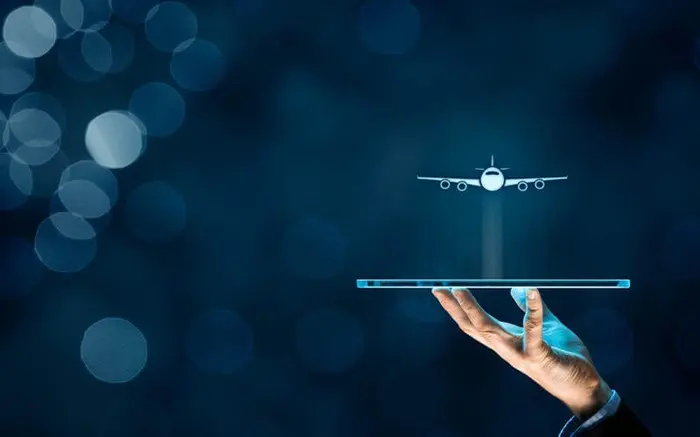As global air travel surges past expectations, passengers are turning to digital solutions to alleviate common pain points and improve their overall experience, according to SITA’s 2024 Passenger IT Insights report.
In 2023, the aviation industry saw a remarkable recovery, with demand skyrocketing. The International Air Transport Association (IATA) predicts that by 2040, air travel will reach an estimated eight billion passengers globally. As the industry prepares for this continued growth, ensuring smooth and efficient journeys for travelers will become increasingly critical. The latest SITA report reveals that passengers see digitalisation as the key to streamlining their travel experience, with many already embracing mobile-enabled travel technologies.
Mobile Devices: A Key Player in the Passenger Journey
SITA’s findings highlight the widespread use of mobile devices in various stages of travel, including booking and baggage collection. A significant majority of travelers—three out of four—expressed comfort with storing their passports on their smartphones via a secure Digital Travel Credential, allowing them to share this information in advance to expedite their journey. This trend underscores the pivotal role that digital identities will play in the future of air travel.
Shorter Queues and Biometrics: A Step Forward, But Concerns Remain
One of the most pressing issues for passengers is the length of airport queues. According to the report, 64% of travelers identified shorter wait times as the top improvement they’d like to see in the travel process. Biometrics, which has proven effective in speeding up passenger processing times, is increasingly seen as a solution to this problem. However, despite the benefits, half of the passengers surveyed remain concerned about the privacy and security of their biometric data.
This concern highlights a critical challenge for the industry: educating passengers on the rigorous data security standards that govern the use of biometrics. Despite these concerns, passengers still rated their comfort with biometric technology at an average of 6.7 out of 10, indicating a growing acceptance of these innovations.
David Lavorel, CEO of SITA, commented on this technological shift: “We are on the cusp of a new era in travel, as unprecedented demand converges with technological innovations that have the power to revolutionise the journey. The appetite from passengers is clear: they’re eager to embrace the latest digital solutions to make their experience swifter and more streamlined than ever before. The responsibility falls to the industry to ensure travelers are fully informed of the advanced data security and privacy-preserving potential of biometrics.”
Sustainability at the Forefront of Passenger Priorities
Alongside technological improvements, sustainability remains a top concern for modern travelers. The SITA report shows that passengers are willing to make significant adjustments to reduce their carbon footprints, including paying an average of 11% more on their tickets to offset carbon emissions. More than half of those surveyed are also open to taking longer flights or traveling with lighter baggage to lessen their environmental impact.
Lavorel praised this shift in passenger behavior, noting, “Passengers are telling the industry that they are willing to meet us halfway in terms of the shift towards net-zero aviation. Their openness to carbon offsetting and changing behaviors around baggage will supplement airlines and airports’ commitment to reducing emissions through measures like sustainable technology and changes to operations and infrastructure.”
As air travel continues its rapid recovery post-pandemic, it is clear that passengers are not only demanding faster and more efficient journeys but also a greener, more sustainable future for the industry. The challenge now falls to airlines, airports, and related sectors to meet these demands with innovative, secure, and eco-conscious solutions.
Related topics:
What Are the Different Cultures in America
What is African American Culture

